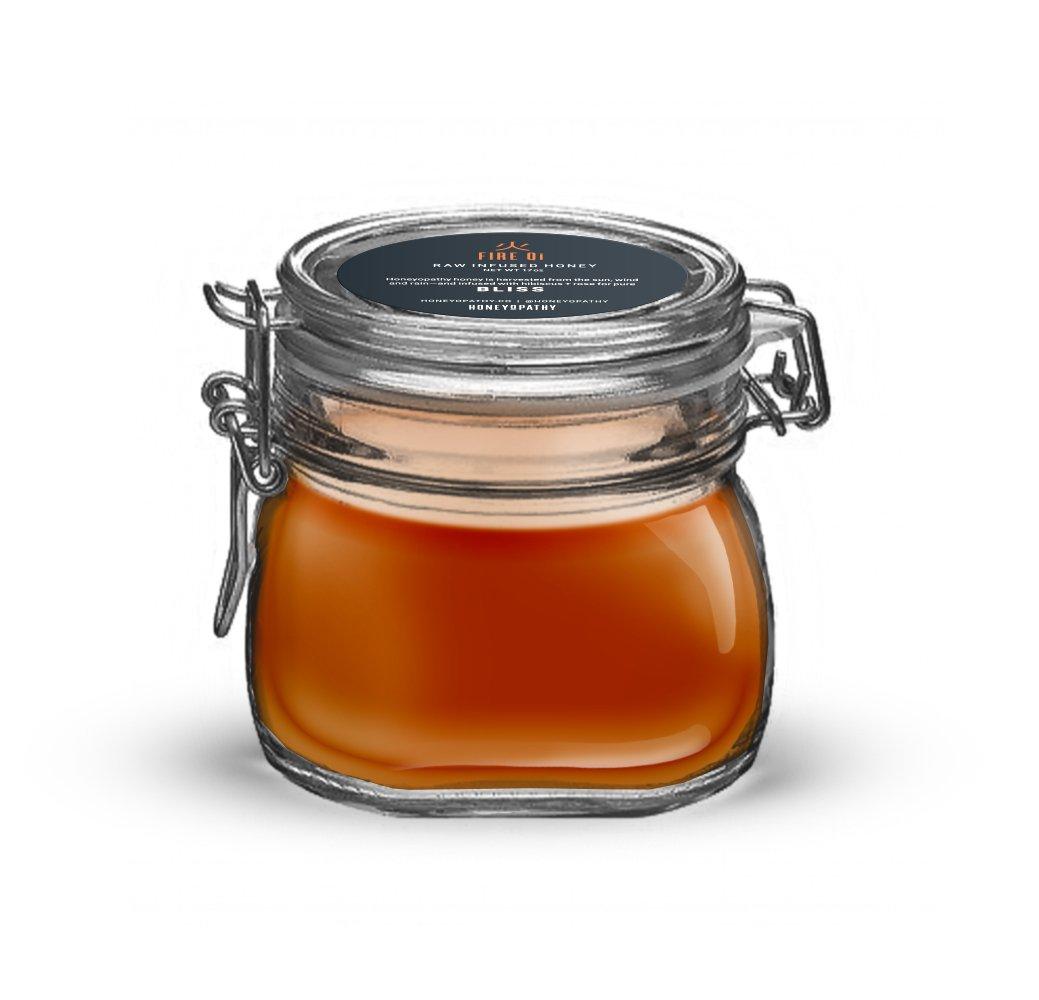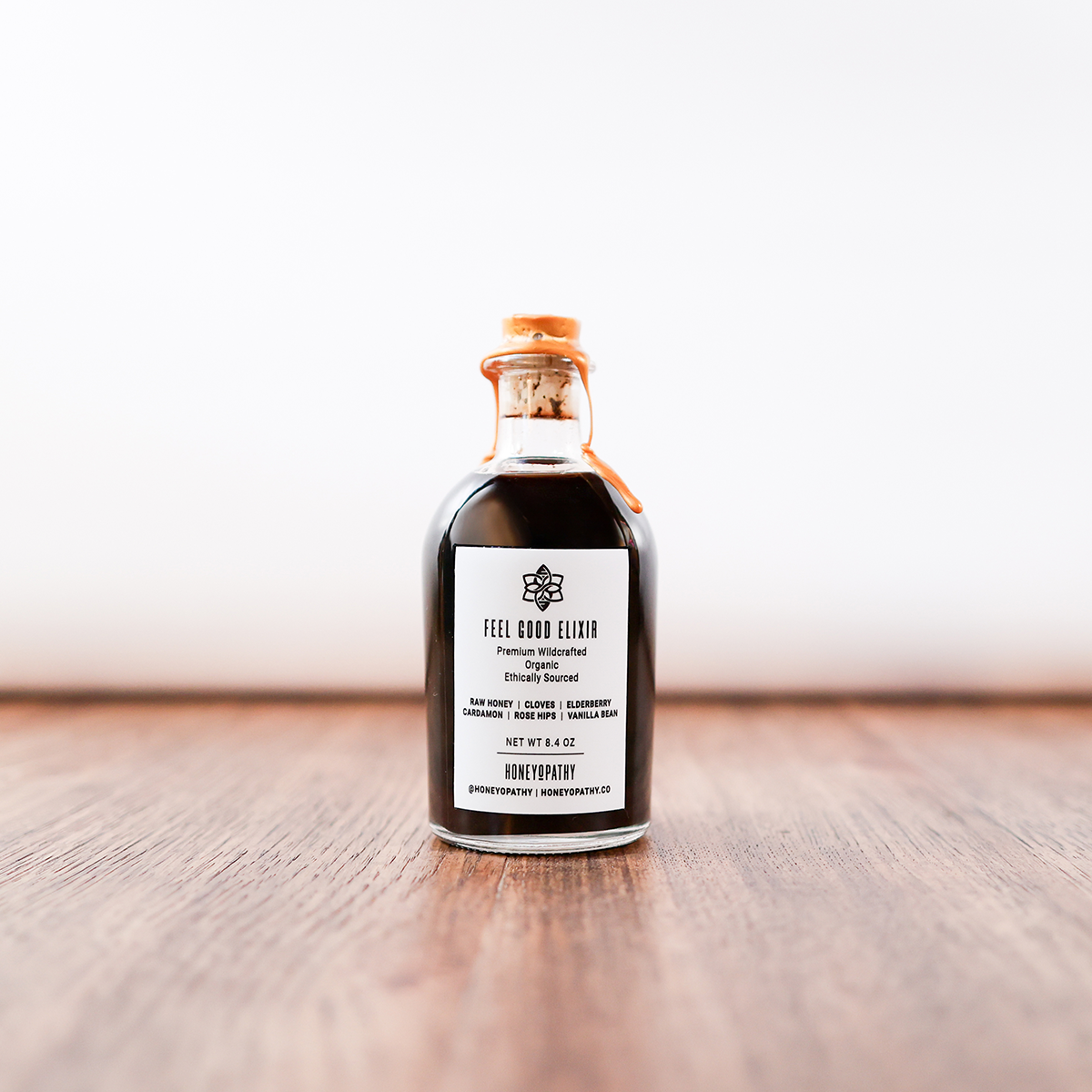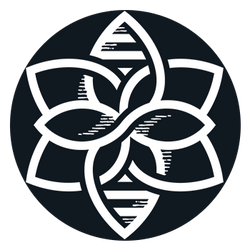Homeopathy is a complementary and alternative medicine system that was developed in the late 18th century by Samuel Hahnemann, a German physician. It is based on the principle of "like cures like," which means that a substance that can cause symptoms in a healthy person can be used in a highly diluted form to treat similar symptoms in a person who is unwell. This principle is known as the "law of similars."
Key Concepts of Homeopathy
- Individualized Treatment: Homeopaths aim to provide personalized treatment by considering the patient's physical, mental, and emotional symptoms as a whole. This holistic approach is believed to address the root cause of the illness.
-
Dilution and Potentization: Homeopathic remedies are typically prepared through a process of serial dilution and succussion (vigorous shaking). The more a substance is diluted and succussed, the more potent it is believed to become, even though the original substance may be virtually undetectable in the final remedy.
-
Minimum Dose: Homeopathic remedies are often administered in extremely small doses. This concept is based on the belief that the healing energy or "vital force" of the remedy is enhanced through the process of dilution and succussion.
-
Totality of Symptoms: Homeopaths consider the totality of a patient's physical, emotional, and mental symptoms when selecting a remedy. The goal is to match the individual's unique symptom profile to a specific homeopathic remedy.
Comparisons to Western Medicine
Homeopathy and Western medicine (conventional medicine) are fundamentally different in several key ways, including their underlying principles, methods of treatment, and approach to health and illness. Here are some of the main distinctions between the two:
-
Principles and Philosophy:
- Homeopathy: Homeopathy is based on the principle of "like cures like." It involves the use of highly diluted substances that, in their crude form, can produce symptoms similar to those experienced by a sick person. It also emphasizes a holistic approach to healing, considering the mental, emotional, and physical aspects of an individual's health.
- Western Medicine: Western medicine, also known as allopathic or conventional medicine, is primarily based on scientific principles and the principles of evidence-based medicine. It focuses on diagnosing and treating specific diseases or conditions using drugs, surgery, and other medical interventions.
-
Treatment Modalities:
- Homeopathy: Homeopathic treatments involve the use of highly diluted remedies prepared through a process of serial dilution and succussion. These remedies are typically administered in the form of sugar pellets or liquid solutions. Treatment is individualized based on a patient's unique symptom profile.
- Western Medicine: Western medicine uses a wide range of treatment modalities, including pharmaceutical drugs, surgery, physical therapy, radiation therapy, and other evidence-based interventions. Treatments are often standardized and prescribed based on the diagnosis of a specific disease or condition.
-
Scientific Basis:
- Homeopathy: Homeopathy is not supported by mainstream scientific and medical communities here in the US (that's not true for other countries including Europe). Critics argue that the principles of homeopathy are inconsistent with the laws of chemistry and pharmacology, and the extreme dilution of remedies renders them essentially inert.
- Western Medicine: Western medicine is grounded in scientific research, clinical trials, and rigorous testing of drugs and treatments. It relies on evidence-based practices and has a well-established scientific foundation but often only treats the symptoms and not the source of the illness.
-
Regulation and Licensing:
- Homeopathy: The regulation of homeopathic practice varies by country, and in many places, it is not as strict as the regulation of conventional medicine. Some regions have licensing or certification requirements for homeopaths.
- Western Medicine: Western medical practitioners, including doctors, nurses, and other healthcare professionals, are typically required to meet strict educational and licensing requirements. The practice of Western medicine is heavily regulated to ensure patient safety and quality of care.
-
Safety and Efficacy:
- Homeopathy: The safety and efficacy of homeopathic remedies are a subject of debate here in the US because it does not fit into the economics of our healthcare system. People experience benefits from homeopathic treatments, but there is limited scientific evidence to support these claims, especially for the treatment of serious or life-threatening conditions.
- Western Medicine: Conventional medical treatments are thoroughly researched and tested for safety and effectiveness although the side effects of medications and treatments are harsh and may cause further illness or even death. Many medications and interventions have a strong evidence base, and healthcare providers follow established protocols to provide the best possible care.
The Advantages of Homeopathy over Western Medicine
There are some potential advantages that proponents of homeopathy may cite:
-
Holistic Approach: Homeopathy emphasizes a holistic approach to health, taking into account not only physical symptoms but also mental and emotional aspects. This can lead to a more comprehensive understanding of the patient's well-being.
-
Individualized Treatment: Homeopathic remedies are chosen based on the unique symptom profile of each patient. This individualized approach is seen as a strength, as it tailors treatment to the specific needs of the patient.
-
Minimal Side Effects: Homeopathic remedies are highly diluted and often considered safe, with minimal side effects. This can be appealing to individuals who are concerned about adverse effects from conventional medications.
-
Non-Invasive: Homeopathy does not typically involve invasive procedures, surgeries, or strong medications. For some individuals, this gentler approach may be preferred.
-
Complementary Option: Some people use homeopathy as a complementary therapy alongside conventional medical treatments. In such cases, homeopathy is not seen as a replacement for Western medicine but as an additional support.
-
Patient Empowerment: Homeopathy often involves detailed consultations with practitioners, allowing patients to actively participate in their healthcare decisions. This can lead to a sense of empowerment and involvement in the healing process.
-
Historical and Cultural Appeal: Homeopathy has a long history and is deeply rooted in some cultural traditions. People may be drawn to it based on cultural or historical reasons.
- Can Cure Illnesses that Western Medicine Can't Treat: Most illnesses at an early stage can't be tested for and in Western medicine, the illness must reach a stage where the symptoms are worse before it can diagnose. Since homeopathy maps the symptoms to an illness, it can provide a cure (not simply treating the symptoms) before it develops into something more serious and acute.
It's essential to consider these potential advantages within the context of the larger debate around homeopathy. Finding a practitioner may be more difficult here in the US, but they exist. When seeking healthcare, it's crucial to prioritize evidence-based practices and to consult with qualified healthcare professionals, who can provide guidance on the most effective and safe treatment options for specific medical conditions.
Note: Many medical organizations and regulatory authorities in various countries have expressed concerns about the efficacy and safety of homeopathic treatments. It's essential to consult with a qualified healthcare professional before considering homeopathy as a primary treatment for any medical condition, especially for serious or life-threatening illnesses.



















Leave a comment